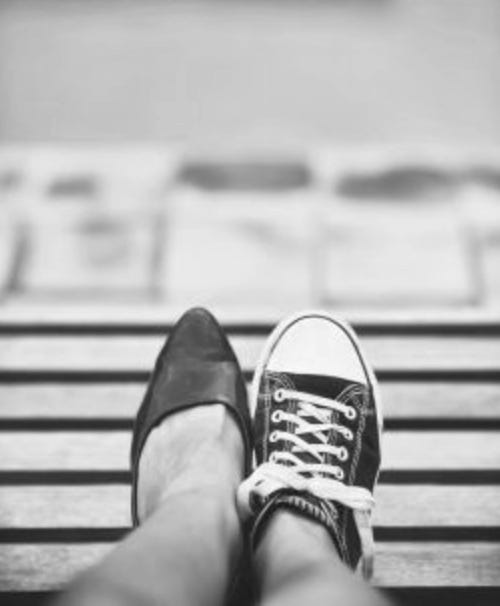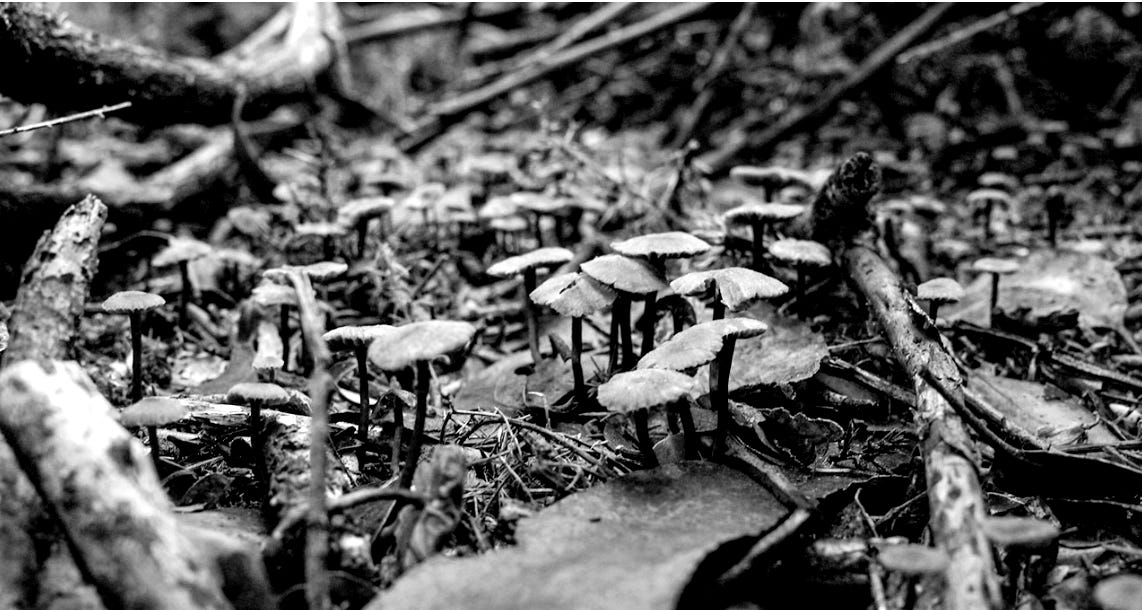Thanksgiving. To give thanks. To give thanks for food when there is no food. To give thanks for a mother’s love after the mother is gone. The hand of a child when the child is locked away in a dark tunnel. Thanks for shoes, one too big, one too small. Thanks for peace even as a ceasefire sits like a sparrow on a telephone wire, able to alight any minute, to disappear into a new sun.
Gail Newman’s remarkable poems offer us thankfulness in poem after poem, from laughter to love on each day of survival.
Hostage*
“I dreamt I came home,” the girl told her father as he held her.
The mother was there, smiling like a bride or a ghost
who had come back from nowhere. Now they were together,
cameras aimed at their faces. Faces so close they were like flowers
opening in the wind. Faces unmasked. Visible flesh.
The contour of eyelids. Crevices and wrinkles. Valleys and pores.
The father said, “You are home now. Your dream came true.”
Home. Dolls on shelves. A wool blanket. Sunlight pouring
through a window. A shoulder offered when tired,
a hand to provide what is needed. Home. Not a place,
but a body. Not a map but a voice. The flesh of the known world.
Palpable. Trembling. Where you opened your mouth to be fed
and were kissed.Shoes Some days, maybe when I’ve slept badly or too long, I see shoes walking down the street with no feet in them, unattached to ankle, calf, thigh, shoes without Identity, a torso above open space following like a wisp of cloud that follows the light. like the shadow of a memory. My mother’s shoes stashed in her closet, black with stout heels, 30 pair or more, barely worn, maybe just once to a Bar Mitzvah, or a funeral, until she was the last one left of her kind, Our People, as she would say. In Auschwitz, my mother wore one black shoe, one brown, of different sizes, too big, too small. Still, they covered her feet in the prison yard where she stood in December, snow on the ground, frost biting her lashes. At night, she lay down on a cot and counted the stars behind her closed eyes and heard God when he commanded- Take off your sandals, For the place where you are standing is holy ground. So, Moses took off his sandals and stood with his feet on the sacred ground and felt the earth, the heat inside the world and the fire in his living body.
Pencil Thin After my mother died, I emptied out her closet and found boxes of shoes stacked in the back, barely worn, one so like another, and purses with crumpled chins resting on shelves emptied of keys, lipstick, and wallet- the one my mother transferred, year after year and season to season from purse to purse- my father’s photo slipped inside, wearing a suit and tie, taken when he was still young, after the camps and starvation, pencil thin, his body a loose sack, the heart still beating, the tender blood and shapely bones, the fingers intact as when he was first born, so perfect they must have marveled as all new parents do, as they swaddled him in blankets and set him in a cradle and intoned a blessing, L' Chaim, raising a glass to life.
Passage
When the freighter pulled in past Lady Liberty.
was it a day of dark drizzle or did sun
strike the deck? There were no lounge chairs above,
no sheets below. The women slept together,
some on the floor. As the sodden ship roiled,
the children rolled soup cans across the sloped floor.
The men, in exchange for free passage,
scoured toilets and sliced onions
for soup, singing Yiddish songs
while they worked, waves washing
over the gristle-grey, pearled world
as the ship pulled in to shore.
They could have refused. They could
have said, No, and gone back to the razed cities
piled in rubble, back to the blood-soaked earth.Suitcase
I was going on a long journey. I carried my suitcase to the train station where I stood on a platform. On the other side of the tracks, others waited, also with suitcases. Some wore the long woolen coats of Krakow. Their faces fresh as snow, like the petals that form on linden trees in spring, blushed as the cherries my mother, laughing, popped into my mouth warning, Don’t swallow the pits. A train arrived with faces in the window. Bubie, Zadie, my mother’s brother Ben who died naked clinging to his mother’s hand. Inside the suitcase a pair of mittens, a crushed scarf, the negligee a bride wore on her wedding night. The suitcase square and solid like a window filled with pillowed clouds and the sharp needles of pine trees. Random shreds of clouds like torn dresses or curtains that flutter when you raise the window. The suitcase is like a mind full of questions. Where is home if not at the next stop? Can a country exist without a border? Can a suitcase contain all that is needed in order to live?Winter, Night
Stars falling from the palms of God’s hands who scoops them up, flings them down, scoops, flings. And sighs. Which is the wind that flutters the curtains inside the open window. Day has fallen. My mother raises one hand as if in benediction or as if about to hail a taxi or a friend seen from far off. Her arm falls. Or does she lower it? Resignation. The broken wing of a bird. Once. Twice. Three times she raises her hand. Like a child in a classroom who thinks she has the right answer, knows it as she knows her name but is hesitant/reluctant/confused. Perhaps does not know the language so does not speak, afraid of error, groping as one who cannot see feels her way along a wall, counts steps from one room to another, stands at a light listening for the recorded sound of birds which indicates the safe moment to step off the curb. My mother lifts her hand as if feeling for a way forward out of this life into the next. What is it she wants to say? Words swirl around in her mouth like regrets, bitter pills. Spit them out mother-spit them out into the cupped palm of my living hand.Thanksgiving It’s another American holiday in California, land of plenty, the streets lined with palm trees and electric cars. Like Columbus we came over on a ship. Or so they tell me. So much of the past is mostly hearsay. What happened, what was told, what dreamt? The past lives like a fragment of something chewed but not swallowed. What were the first words I spoke in that other language, that formed the way my lips part when I speak, the position of the tongue between the teeth, the way the words begin deep in the throat or the chest where the heart lives. My mother said kindele and I shone like a star. My mother, offering a spoon, said es and like a bird I opened my mouth. I was all molten feathers and trust. I was the Polish forest where she gathered mushrooms with her brother. The gold coin sewn into the hem of her dress for safe keeping. I was the leaves that darken the wet earth in winter. She drank me like water. I was her hunger and her thirst.
October The sky narrows and closes. Darkness, midday. It’s quiet in the house. A red winged blackbird flies into the trees and disappears as if swallowed. So much of the garden is dying. I close my eyes and see fire. On the news, buildings in residential neighborhoods crumble as if God’s hands have opened and mountains of dust fly out. We see this in real time as well as later and tomorrow, the images repetitive as patterns in nature but without purpose. The flowers are brave, I think, compared to the men who pass as human, men who say we don’t kill children, as they step over the mother’s body, her twisted legs; the father, his blood-stained shoes. The birds know when to come to the garden, after the flowers have wilted and hang broken necked their petals diminished and worn. The seeds are ready to fall. The earth opens its mouth.
A child of Polish Holocaust survivors, Gail Newman was born in a Displaced Persons’ Camp in Lansberg, Germany and grew up in a community of Holocaust survivors in Los Angeles.Her poems have appeared in publications including Nimrod International, Prairie Schooner, The Bellingham Review, Ghosts of the Holocaust, and How to Love the World, Poems of Gratitude and Hope, and Prism, a journal for Holocaust educators.
Gail has worked as San Francisco Coordinator for California Poets in the Schools and as an educator at the San Francisco Contemporary Jewish Museum. She has taught Holocaust and Genocide poetry workshops for educators and students including staff of the Johannesburg Holocaust and Genocide Center and was judge for the Art Against Atrocities student contest.
A book of poetry, One World, was published by Moon Tide Press. Blood Memory, chosen by Marge Piercy for the Marsh Hawk Press 2020 Poetry Prize, was awarded The Northern California Gold Award for Poetry and The Best Book Awards, Religious category.
To order a signed copy of Blood Memory, visit Gail's website, www.gailnewmanpoet.com or at Amazon
Interview Questions:
Tiny Delights That Lift My Spirits And Make Me Happy
1. pink, fur lined slippers
2. birds splashing in the bird bath
3. Café au Lait dinner plate dahlias as big as my open hand
4. my son’s voice on the phone from across the country
5. a soft quilt in winter
Jewish delights
1. my husband’s face
2. the poetry of Amichai
3. Saturday morning Torah study
4. the music and nostalgia of the Yiddish language
5. a painting by Chagall
*the poem “Hostage” was previously published in Cider Press Review.
















Amazing collection. Thank you for sharing.
These are beautiful! ♥️